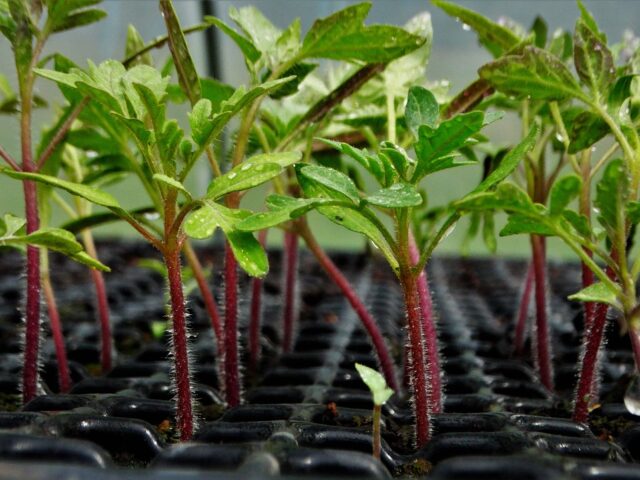Your cart is currently empty!

Horticultural Therapy for Mental Health
Come December marks my third year of farming. The subsequent three years of my life I worked in financial services, which is as dull as it sounds. Not that someone in the financial industry cannot make a difference in someone’s life, but if the stock market crashes, every bank fails, and every dollar on earth spontaneously combusts… we will continue to wake up today, tomorrow, and the next. The ability to obtain the essentials of living might be impaired without money but it doesn’t mark the end of life.
Food is a different story. Food means life. Every single thing alive has to consume energy in some way to continue to be alive. Some make their own food, others consume the things that make their own food, and some consume the things that consume the things that make their own food. I.e. the food chain.
Upon reflecting on what I wanted to contribute to on earth, I decided that finance wasn’t it. I’m not trying to save the world, but I’m looking to make more of an impact than helping Deb retire comfortably (no offense Deb). Farming is basically playing in the dirt for a living, which may not conjure up an image of someone making a difference. I think at least more recently it’s had some press for being an impactful profession. More and more people see gardening as a statement about our feelings on the impending food crisis and the knowledge that our food systems are inequitable garbage.
During all of this, the “gathering information” phase of my life, my little brother was diagnosed and subsequently treated for severe mental illness. While he is stable, and I am eternally grateful for the conditions that made this possible, it has also illuminated starkly what is missing from the equation of a fulfilling life.
People like me, who have healthy, functional brains spend a great deal of time trying to find the right career, the right path in life, and the right way to be who they are. People with disordered mood (bipolar disorder) or disordered thought (schizophrenia) could not be at more of a disadvantage. If even people with a healthy brain struggle to make impactful work a reality in their lives, how can we expect someone with an illness that affects their core functions to do it?
I wondered about the role of having meaningful work. Just as my career move from finance to farming was an alignment of myself with the work that was most impactful to me, does one’s job have the ability to create stability in the life of someone living with mental illness?
From a strictly anecdotal perspective, nature is a powerful healer. My brother is outside pretty much always. He swings and jumps on the trampoline in all weather, the blistering heat and freezing cold. Sometimes he sits out in the rain as long as it’s not too windy.
In the spring, he helps my ma and I plant our garden. We pull up what we left the previous year. He likes to go with us to the nursery and choose what we grow that year. He notices all the little bugs. It’s a precious thing to see him sit there and watch a bug crawl around on him and him appreciating it.
I often see him walk over the garden just to look at it. Outside is his happy place. Nothing in nature, except humans, demands eye contact, clear and concise conversation, and the formalities of please and thank you. It’s perfectly acceptable to a plant or a goat or a mushroom if you’re talking to yourself or laughing at seemingly nothing. Nature allows you to be just what you are and demands nothing from you. Nature doesn’t judge or forbid any behavior.
Unsurprisingly, there is an abundance of evidence that nature is a powerful element for healing and maintaining stability. It is still early in the game, but why this hasn’t been incorporated more makes little sense considering the costs vs. the benefits. In some cases, accessibility may be the issue; in urban areas, nature has to be sought out.
What’s stopping you from spending time in nature today?
